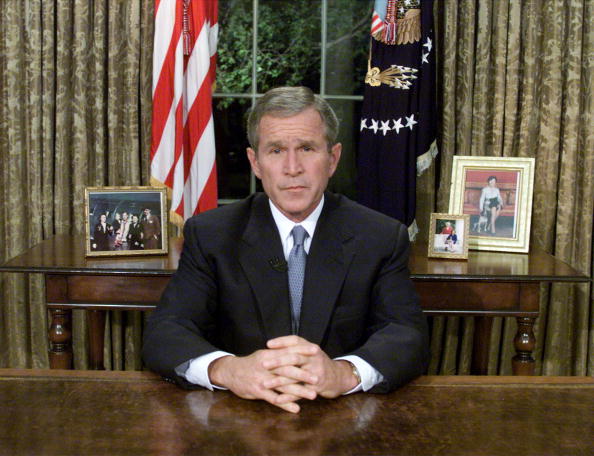This week, I’m casting the pod with author and foreign policy analyst Robert Kaplan. At the end of the Cold War, the United States was both the most powerful country in history and without a challenger. Since them, however, America’s reach in foreign policy has consistently exceeded the grasp of its bureaucrats and elected politicians. Qualified and influential people still tell us that Russia cannot remain a global player and Iran cannot become one, because their economies are based on hydrocarbons and are relatively small. So how is it that Russia and Iran achieve their goals, while the United States flounders?
As Robert Kaplan explains, the failures of American foreign policy are caused by the convergence of factors domestic and foreign. Domestically, Americans remain unwilling to accept that since 1945, the United States has functioned in the world as an empire, and to cultivate the ‘Machiavellian’ strategies by which empires prosper. Nevertheless, the quality of America’s ruling class has declined due to symptoms of imperial decay that any Roman would recognize. Meanwhile, history and geography returned with a vengeance after 1989.
In the early Nineties, while the clever people were announcing the arrival of a unipolar world ruled by the United States, Kaplan predicted the return of history and the instability that would result. His essay ‘The Coming Anarchy’ (1994) predicts our world, a disordered multipolar system stressed by rising population, environmental degradation, and the return of nationalism and religious reaction. The clever people didn’t like it at the time, but Kaplan, a realist, was right. It turned out that liberal idealists, precisely because of their good intentions, had failed to understand the world as it is.
In this fascinating podcast, we look back at ‘The Coming Anarchy’ after a quarter of a century, and trace the ambitions and disasters of the last three decades of American empire, from the early Nineties to the War on Terror and the retreat of the Obama and Trump years. If you listen carefully, you can hear the clink of coffee cups on saucer. If you listen even more carefully, you’ll hear a reminder of Kipling’s ‘Recessional’, with its warning that all empires must dissolve: ‘Lest we forget.’
Despite the disasters of the recent decades, Americans show little interest in remembering or learning. The percentage of college students who major in history has slid steadily since 1970, and is now in the low single figures. Robert Kaplan’s books are an education. Listen and learn.


















